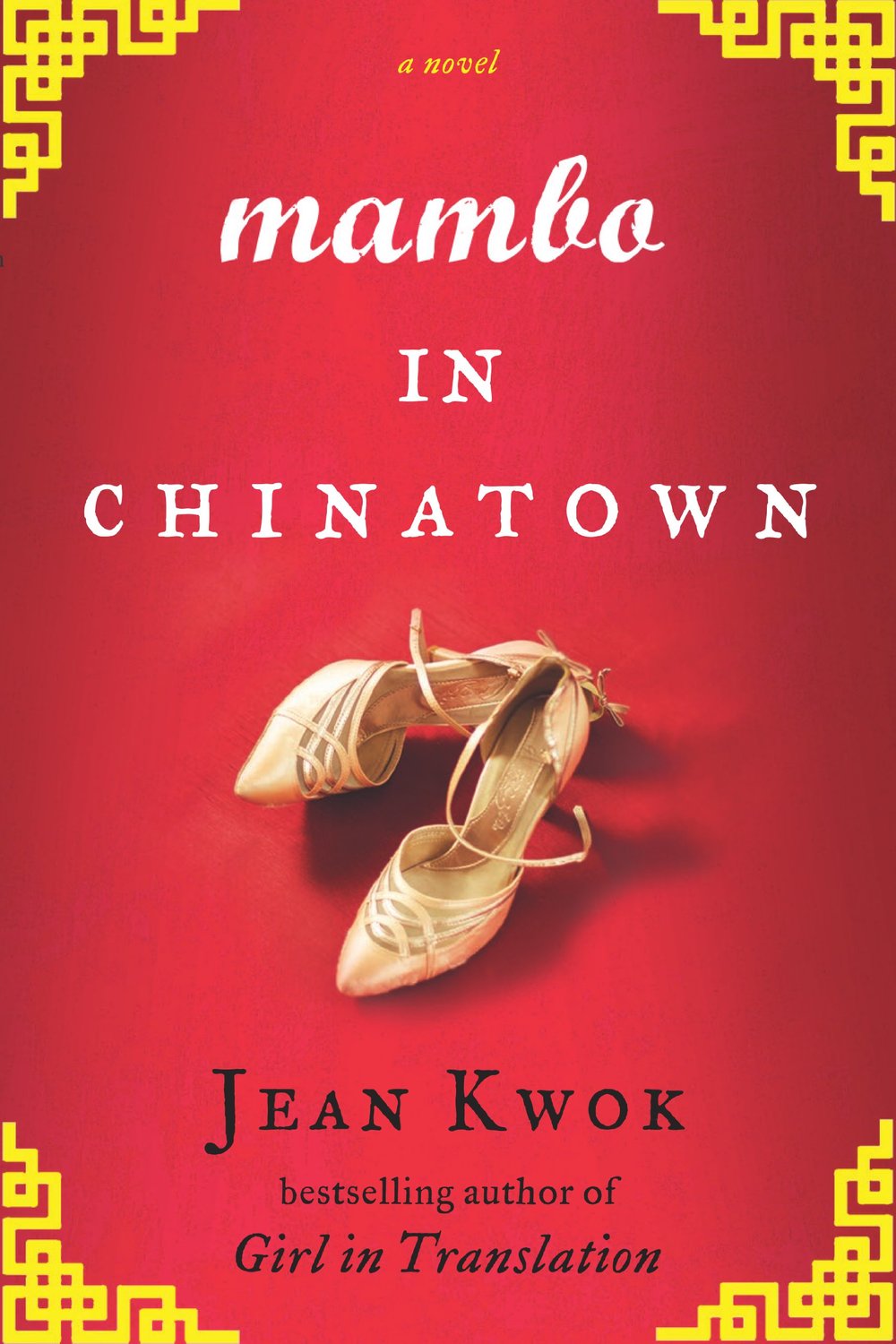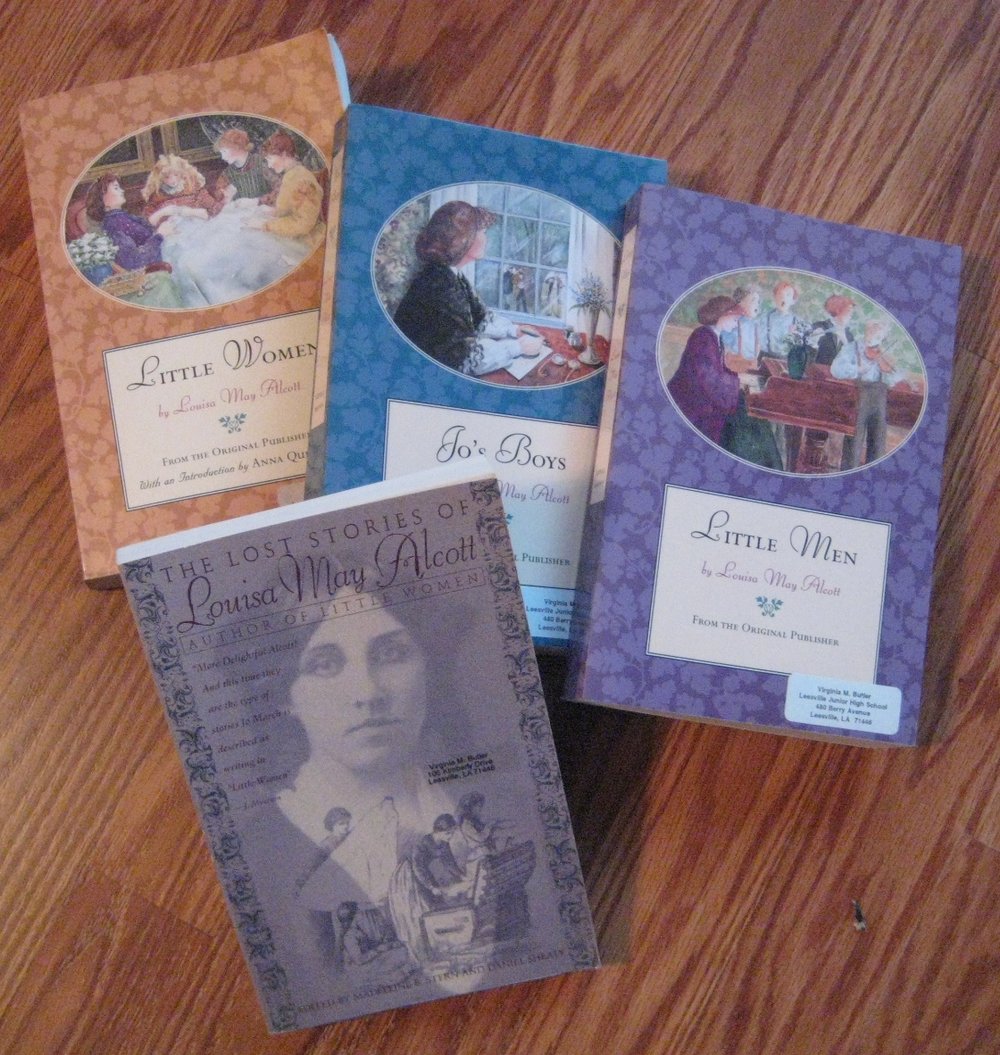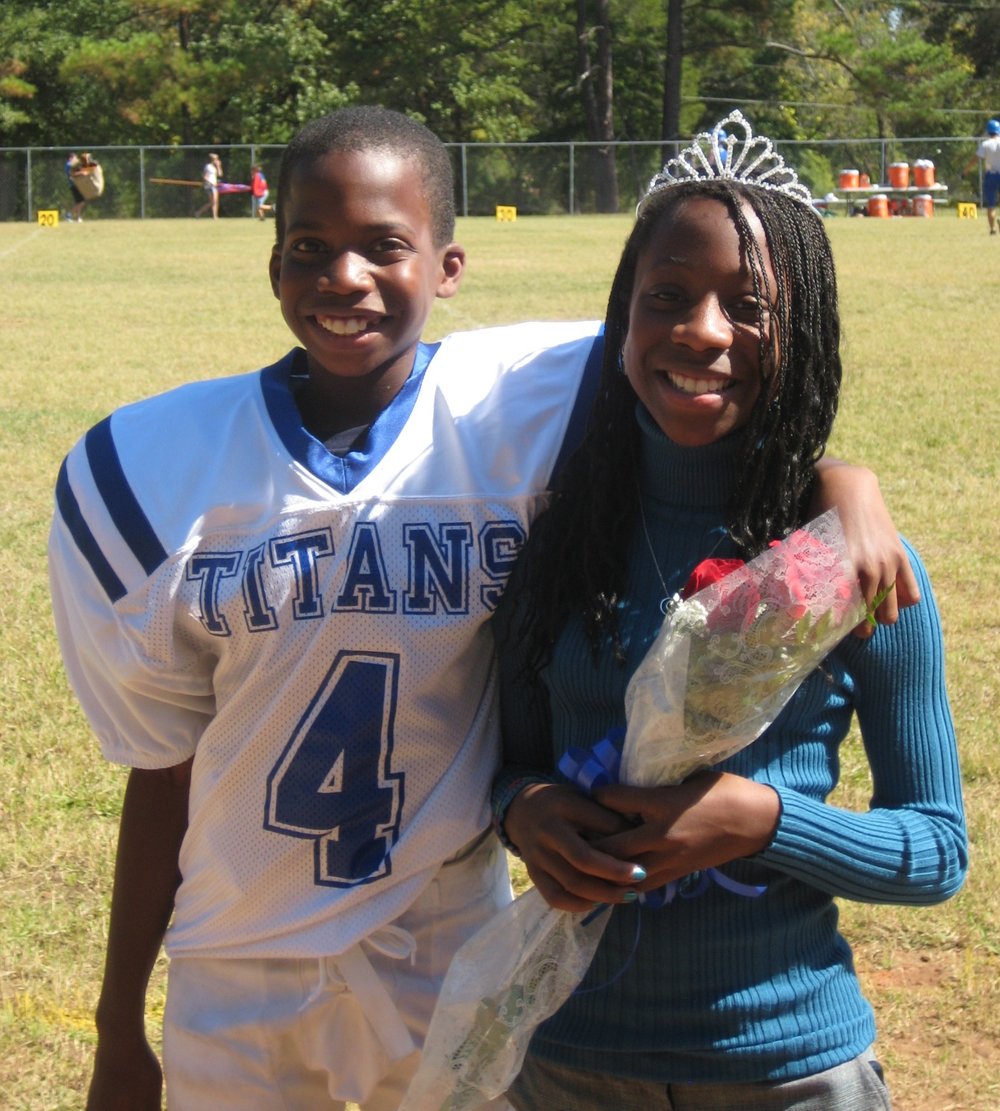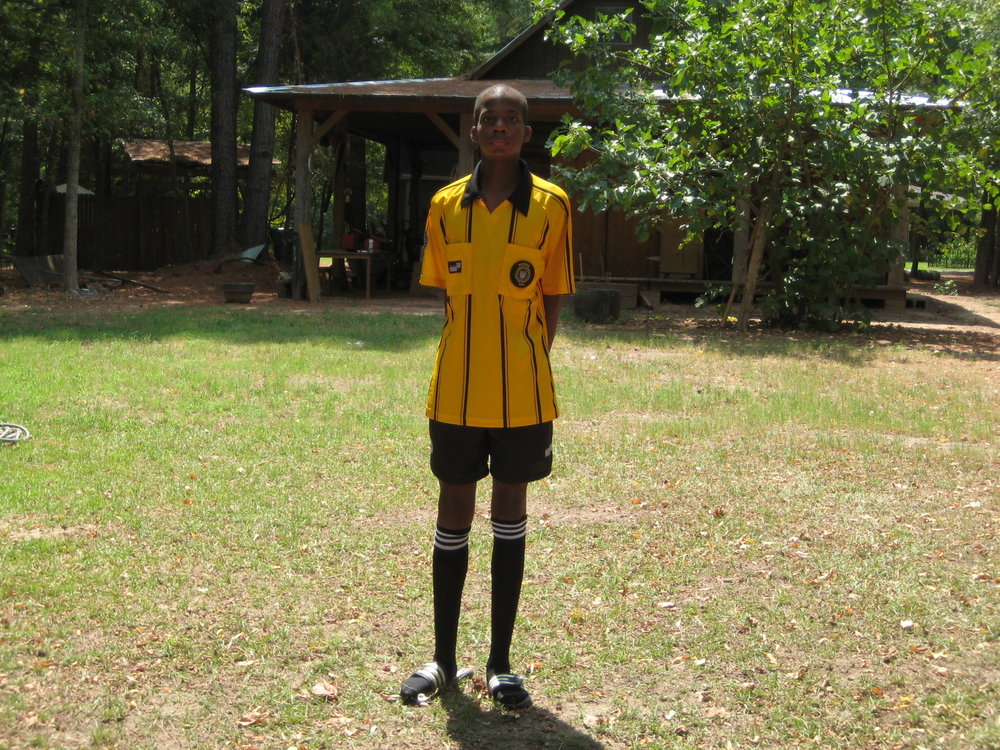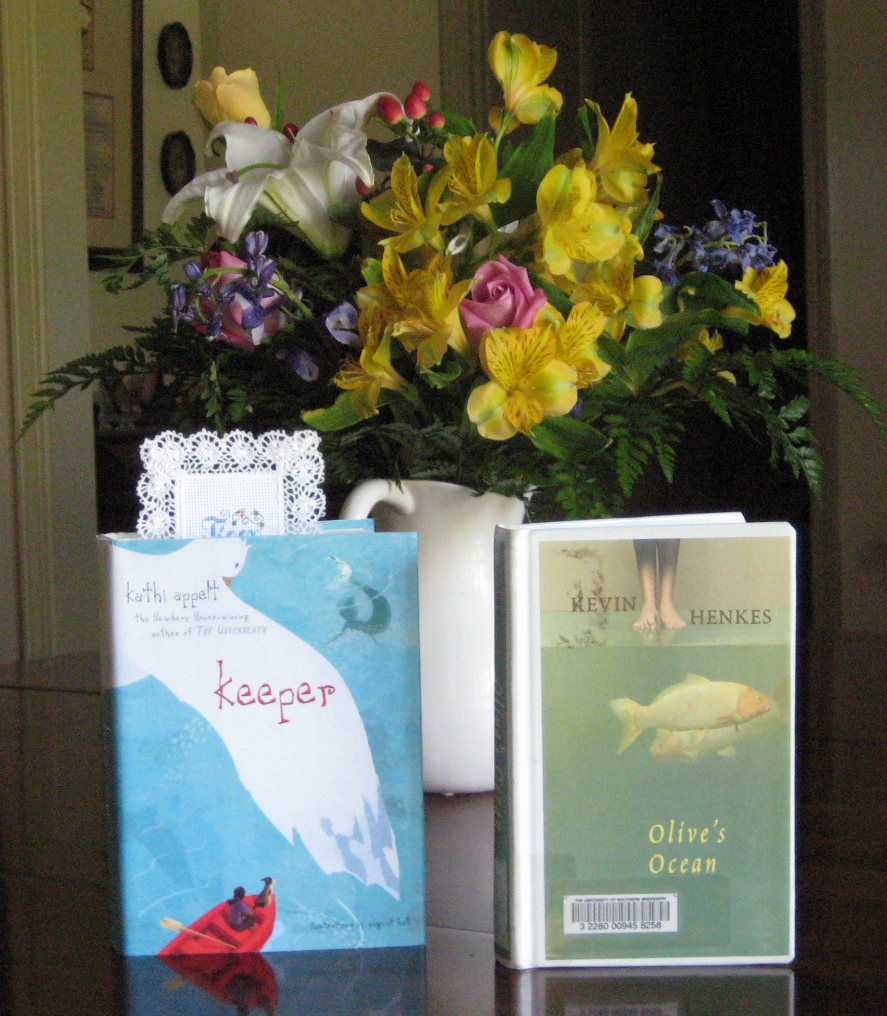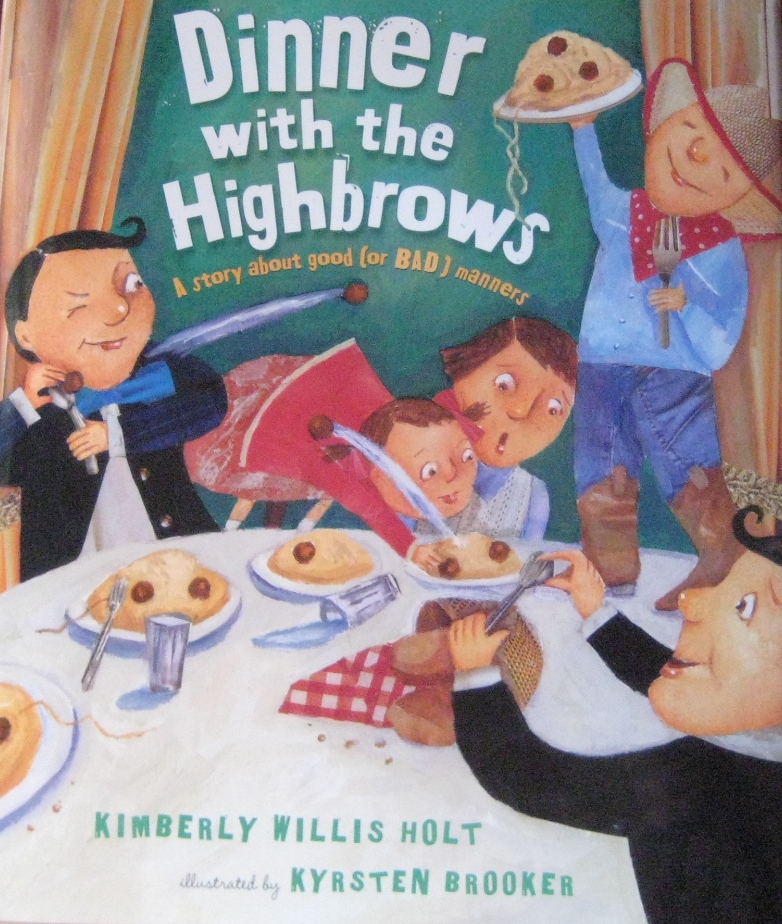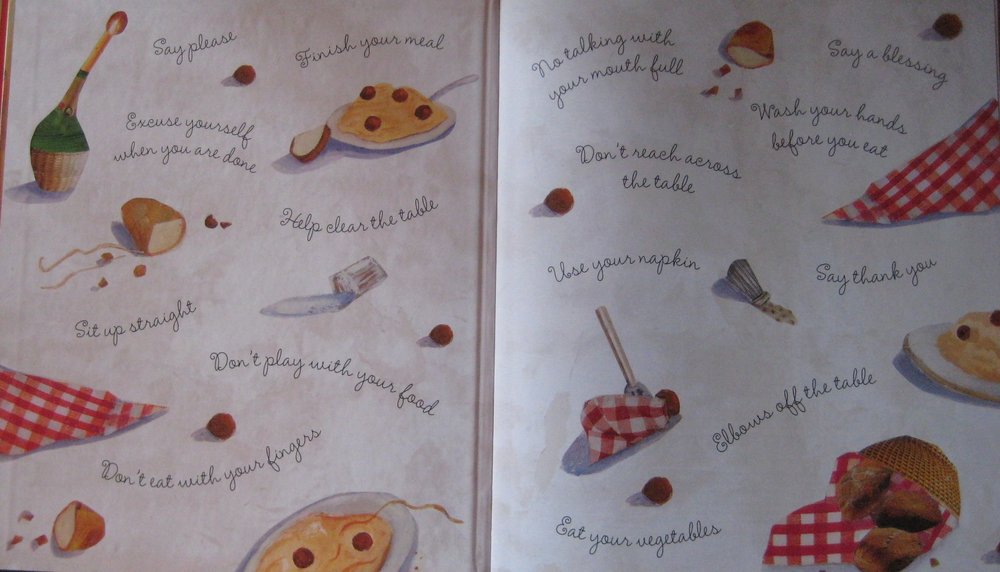 I’ve heard this rule voiced many ways, but I like the way Isabel Allende puts it. “Show up.” She contends that if she shows up long enough writing will happen.
I’ve heard this rule voiced many ways, but I like the way Isabel Allende puts it. “Show up.” She contends that if she shows up long enough writing will happen.
The trouble is, whether your instrument is a computer or a long college-ruled legal pad with pencils or pens, it doesn’t call you to come and sit. Neither holds out threats or rewards. They just sit there, waiting. Good intentions of writing that poem or Great American Novel pave that road you’ve heard about that may not really lead to hell, but intentions alone won’t lead you to a blog, much less a poem or novel.
When people find out that I write, they often say, “I always thought I’d write a (insert picture book, novel, poem, memoir, etc.). I know better than to ask, “So, what’s keeping you?” I know about that. I have my own list of interruptive temptations. You may notice that cleaning house is not listed. That is not a temptation.
• Weeds are taking my day lilies and coneflowers.
• Email or Facebook might have an important post from a friend – or a grandchild.
• Laundry needs to be done.
• A friend wants to go to lunch.
• I borrowed a mystery to read from the library.
• There’s a new recipe in yesterday’s paper for blackberry jam cake.
• And did you know you can find free jigsaw puzzles to solve on your computer?
So how does a writer talk herself (or himself) into showing up? You could get a lot of answers, but I’ll share the one that has worked for me. I came to realize that in spite of my self-proclaimed title as “writer,” some weeks passed with nothing to show for it – maybe not even a thank-you note. Beginning in 2004, I started tracking what I did each day making notes in the calendar I received for my contribution to the Smithsonian. I list writing that I’ve actually done in the day-by-day entry with an arrow added for projects that last over several days – only for the times I actually “showed up.” Since reading is also the work of a writer, I record the books I’ve read at the top of the page with some comment about my level of enjoyment.
Comparing the entry for one week of 2004 at the top and the entry for the similar week in 2014 in my photograph is typical for what has happened to my consistency since I began the visual record of how many times I showed up. True vacations are noted, but may also have some entries since writing sometimes beckons and can be done anywhere.
The calendar doesn’t call any louder than that computer or long legal pad, but it sits staring on my desk with blank eyes at my distractible self until I record something I have written.
Now please excuse me while I jot down “blogged about Writing Rule # 2.”

